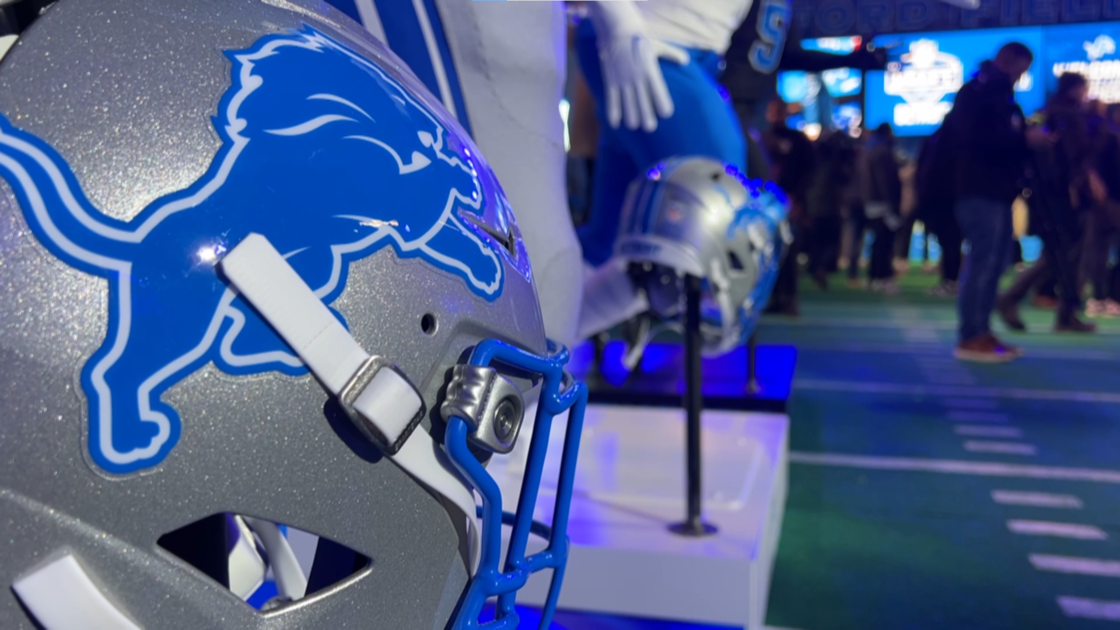"First breakthrough" therapy for early onset Alzheimer's gets FDA approval
ANN ARBOR, Mich. (CBS DETROIT) - The FDA granted full approval to Alzheimer's treatment Leqembi on July 6.
The drug can slow early-onset Alzheimer's, and experts say it's the first breakthrough treatment for the disease to receive full approval in 20 years.
"This is really the first breakthrough in terms of a disease-modifying therapy. One that directly targets one of the key pathologies of Alzheimer's disease that's been approved based on a clinical benefit, so it's a really exciting breakthrough in the field," said Judith Heidebrink, a neurologist at Michigan Medicine who worked on phase II clinical trial of Leqembi.
She said the drug works by reducing plaque buildup in the brain.
"We know it can get into the brain and remove the amyloid buildup that characterizes Alzheimer's disease," said Heidebrink. "A large percentage of individuals at the end of the study, their PET scan looked for all intents and purposes like someone without Alzheimer's disease, so a marked biological effect."
On average, Leqembi was able to slow the disease's progression by about 27%, or approximately six months.
The drug is administered as a bi-weekly infusion and side effects include having flu-like symptoms during the initial treatments and the potential for swelling or bleeding in the brain, which researchers said is rare.
Jim Mangi has been a caregiver for his wife, Kathleen, for 16 years. She was diagnosed with Alzheimer's when she was in her late 50s. He said he would have encouraged her to try it had the drug been available at the time of her diagnosis.
"From my perspective, I certainly would have recommended it to Kathleen and, I believe she would have agreed: 'Let's give it a try,'" said Mangi. "Because it would have enabled her to enjoy our daughter's wedding that much more.
"Similarly, when our first grandchild was born. Kathleen was there in the hospital, but not really aware of what was happening."
Mangi sold his business to take care of his wife and did so for 11 years until he felt it was no longer safe to do so.
"I learned, as every caregiver and every family must learn, one way or another, no one can handle this completely alone," he said.
Mangi soon dedicated his time to activism for Alzheimer's and dementia causes, and founded a nonprofit for those living with dementia in Saline.
He said one major concern with Leqembi is the cost of the drug.
"I understand there are a lot of concerns Medicare will cover it," said Mangi. "But there will still be a considerable copay, and that is an issue. I am blessed that I could have afforded that copay, but many, many people can't afford that copay and that is a major problem."
Dr. Heidebrink said Leqembi could be available for patients at Michigan Medicine later this summer, and that clinical trials seeking to make further breakthroughs are ongoing.




